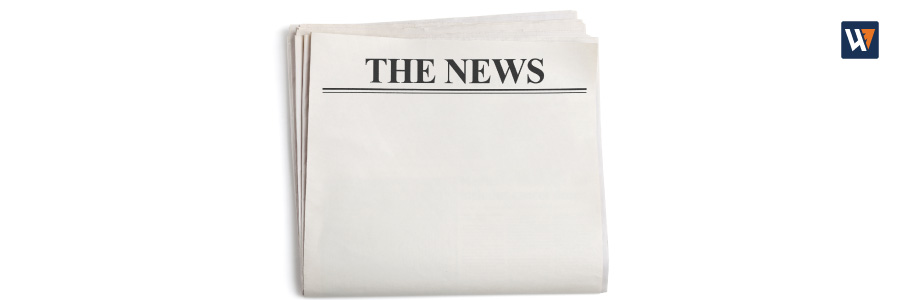How Does My NHS Scheme Pays Election Work?
 17th October 2022
17th October 2022
What is a scheme pays election?
Scheme pays is a facility that allows you to ask NHS pensions to pay some or all your annual allowance excess charge. However, by making a scheme pays election you suffer a permanent reduction in the pension benefits that you will receive in retirement.
If I make a scheme pays election how is my pension benefit reduced?
In simple terms, a scheme pays election works in a similar way to a loan. The tax charge paid by the scheme using the scheme pays facility is recorded against your membership number. This will then be repaid with interest when you retire or transfer out of the scheme.
Interest begins to accrue on this balance from 1 January following receipt and acceptance of your scheme pays election and will continue to be added annually until retirement. At the time of writing the current interest rate applied is 2.4% above CPI (Consumer price index) inflation from the previous September.
When you retire or transfer out of the scheme, the loan, plus interest, is converted into a permanent reduction in pension benefits using actuarial factors provided by the scheme actuary.
How does a scheme pays election affect my pension scheme benefits on retirement?
The way your pension is reduced depends on a variety of factors including the scheme you are part of.
For retiring members your benefits are affected as follows:
- 1995 Section – your pension and your lump sum are reduced.
- 2008 or 2015 Section – only your pension is reduced.
If you transfer out of the scheme, the transfer value is reduced to recover the total ‘loan’, including interest.
If you have any question about how your scheme pays elections work, please let your usual point of contact at Whitings or call 01284 752313.
Disclaimer - All information in this post was correct at time of writing.








